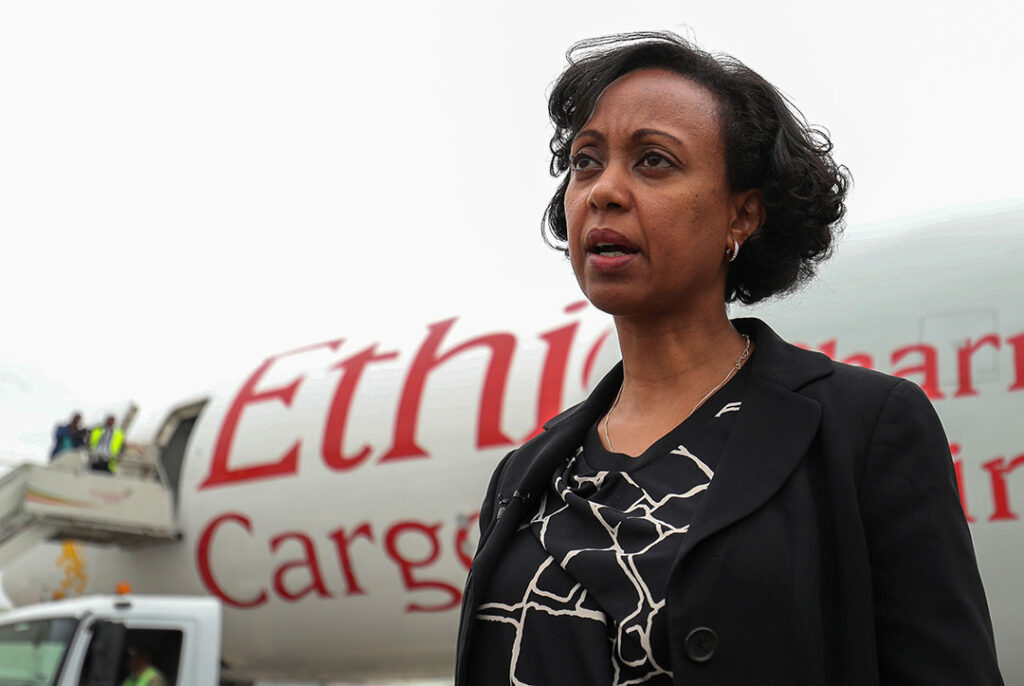ADF STAFF
The United States has given Ethiopia more than $37 million to help halt the spread of the novel coronavirus. The money was provided through the U.S. Agency for International Development (USAID) and is being used for communication, water and sanitation, and infection prevention activities in close cooperation with Ethiopia’s Ministry of Health, Ministry of Peace and the Ethiopian Public Health Institute.
“As we have done time and time again, the United States will continue to support others during their time of greatest need. The COVID-19 pandemic is no different,” U.S. Ambassador to Ethiopia Michael A. Raynor said while announcing the financial aid. “And both during and after this crisis, we will remain steadfastly alongside our Ethiopian friends and partners to help build a brighter future for all Ethiopians.”
This latest infusion of financial support from the U.S. is especially critical because of the recent spike in COVID-19 cases, mostly in Addis Ababa. Nationwide, more than 2,000 people have been sickened by the disease and 32 people have died. The Ministry of Health said the rate of infection has increased 300%, compared to the rate of infections in the first two months of the outbreak.
Ethiopia took early action to halt the spread of the disease, quickly declaring a state of emergency and shutting down schools and other public places where large numbers of people gather. The country’s health agency and national airline worked to make sure passengers entering the country through the airport were screened and quarantined as necessary.
Lia Tadesse, who became Ethiopia’s health minister the day before the first COVID-19 case was confirmed there in March, recently was asked about the health system’s ability to adequately respond to COVID-19.
“If we get a lot of cases — and more severe cases — then that will definitely overwhelm the system,” Tadesse told Reuters. “We are seeing this happen, not only in Ethiopia, but across the world. We are preparing as best we can: increasing our intensive care unit capacity and dedicating more ventilators to treatment facilities in Addis Ababa and other regions.”
As part of its outreach effort, USAID is funding a weekly radio show called My Way, which reaches up to 8 million people weekly and addresses a range of topics. The program has recently discussed COVID-19 and human rights issues related to the disease. The U.S. also funds mobile outreach to remote communities where experts set up open-air classrooms to educate people about the pandemic and how to avoid infection.
The partnership is helping prepare Ethiopia’s laboratories for large-scale COVID-19 testing, bolster public health screening of people arriving at various points of entry, preserve jobs and repurpose manufacturing facilities to produce personal protective equipment, and ensure proper safety and hygiene measures at food distribution sites.

